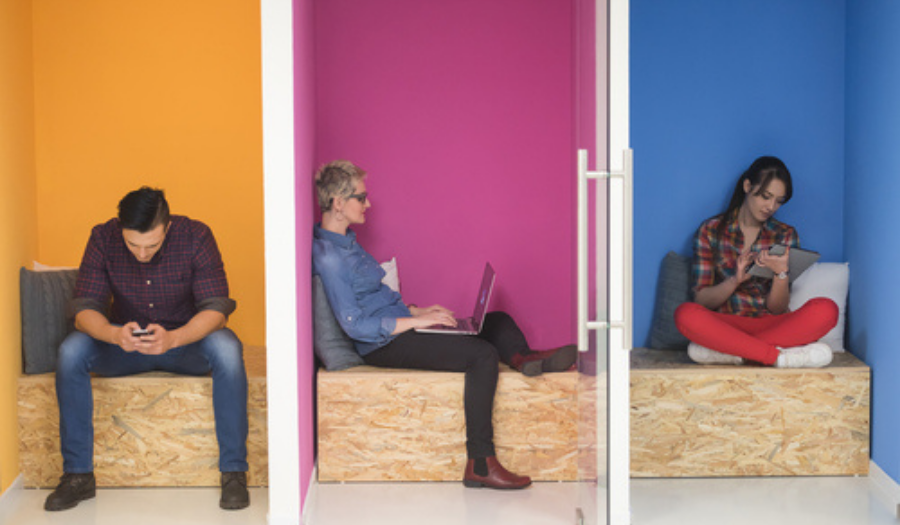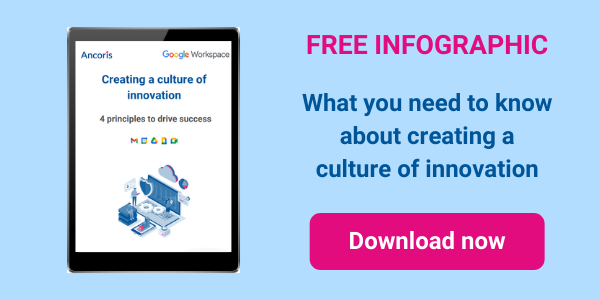Digital transformation is an issue for all organisations, as a range of digital technologies reshapes private businesses and public services. However, the major stumbling block in many digital transformation projects is not technology but culture.
Digitally mature organisations are simply more innovative and more collaborative than their competitors. They’re willing to challenge everything, with engaged employees who are fully on board with adjusting to the changes digital technologies will bring. Digitally mature organisations are also not afraid to hire in skills from other sectors and are comfortable with listening to — and implementing — suggestions from employees at every level. And they recognise that they need to innovate continuously, constantly looking at how they can do more and be better.
That means any organisation starting out on its journey to digital maturity needs to deliver a culture shift as it matures. Yet you can't just issue a decree that the culture will be different: you need to visibly change the prevailing conditions in the workplace.
How to affect change?
To do that, you need to address a number of factors, many relating to how employees collaborate and take decisions together. As an organisation, you need to:
- move away from traditional, slow, layered bureaucracy and become more agile in how you analyse and act on data
- work more efficiently across traditional functional boundaries to achieve common goals
- move towards a culture based on constant low-level evolution rather than major upheavals every few years — and learn to value occasional failure as a chance to learn to "fail better"
The power of creating the right environment
The other side of the coin involves creating a physical and technical environment that supports this collaborative, agile approach. 2020 has already seen us forced rethink what office space should look like, with working from home becoming the norm for many. As we move back to spending more time in the office, we need to look at what highly innovative companies were already doing before the pandemic. Google Cloud, for example, encouraged collaborative working by offering a range of social spaces in its offices alongside traditional desks and meeting rooms.
Creating the right environment also means giving employees tools that help them share, innovate and work effectively wherever they are — from smart, collaborative digital workplaces to custom mobile apps for your unique business processes to business intelligence tools that allow users to easily explore and exploit data. For the IT team, creating the right environment means giving them cloud-based platforms that free them from routine operations, letting them concentrate on new projects that take the organisation further along its digital transformation journey.
To learn more about the impact of culture on digital transformation, read our blog post about how to become a digital enterprise. To get support in making culture change a reality in your organisation, come and talk to our digital transformation specialists.
Article updated January 2021
First published September 2016


